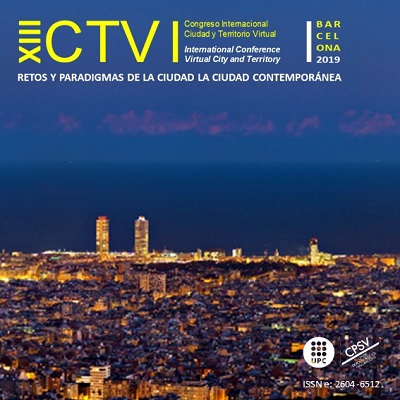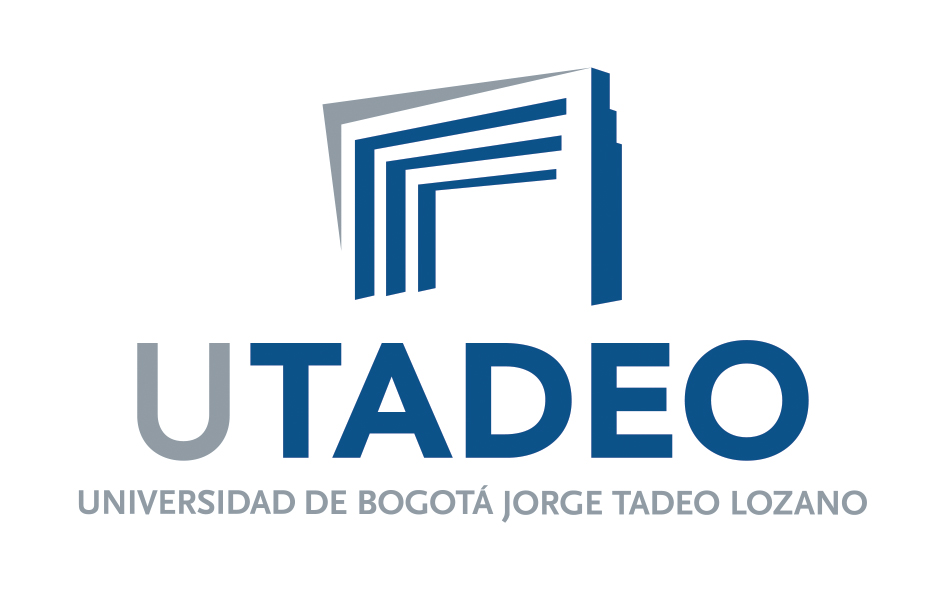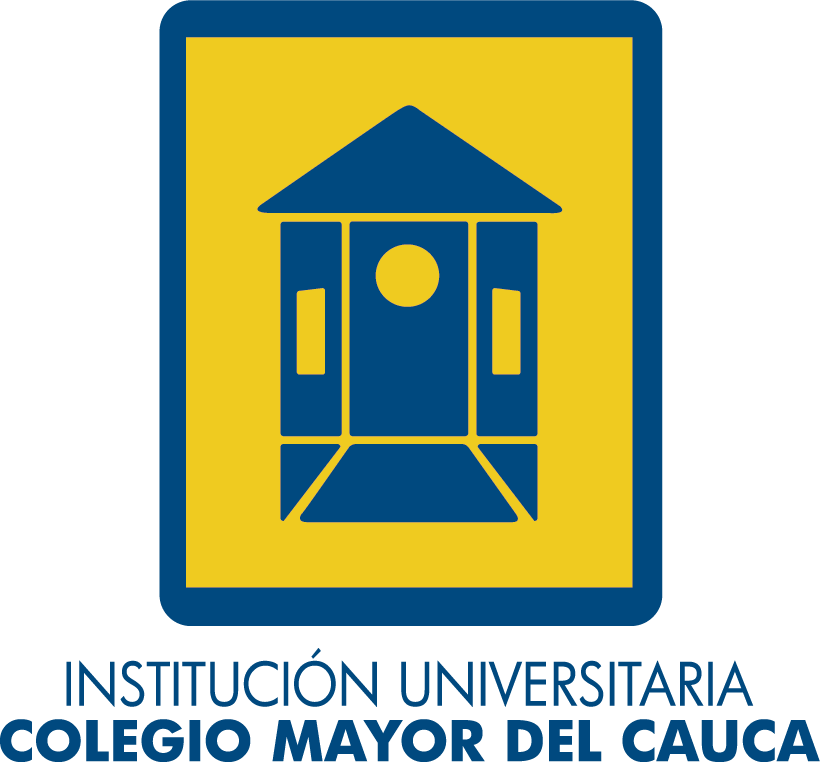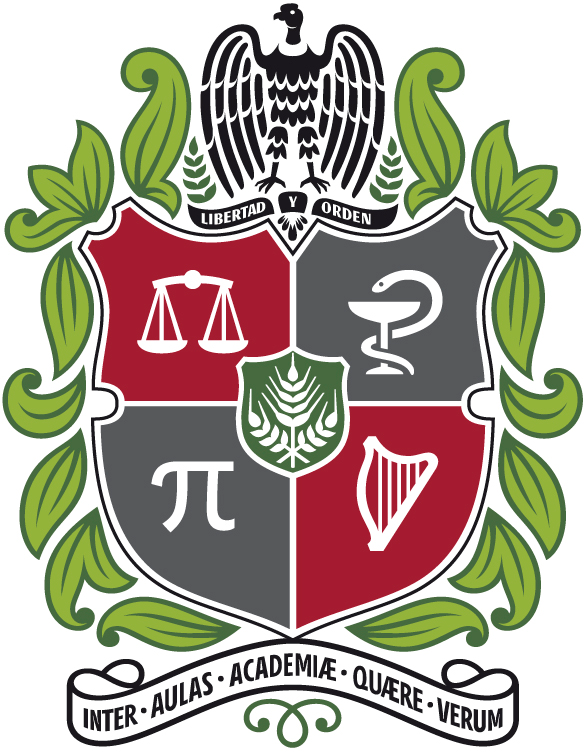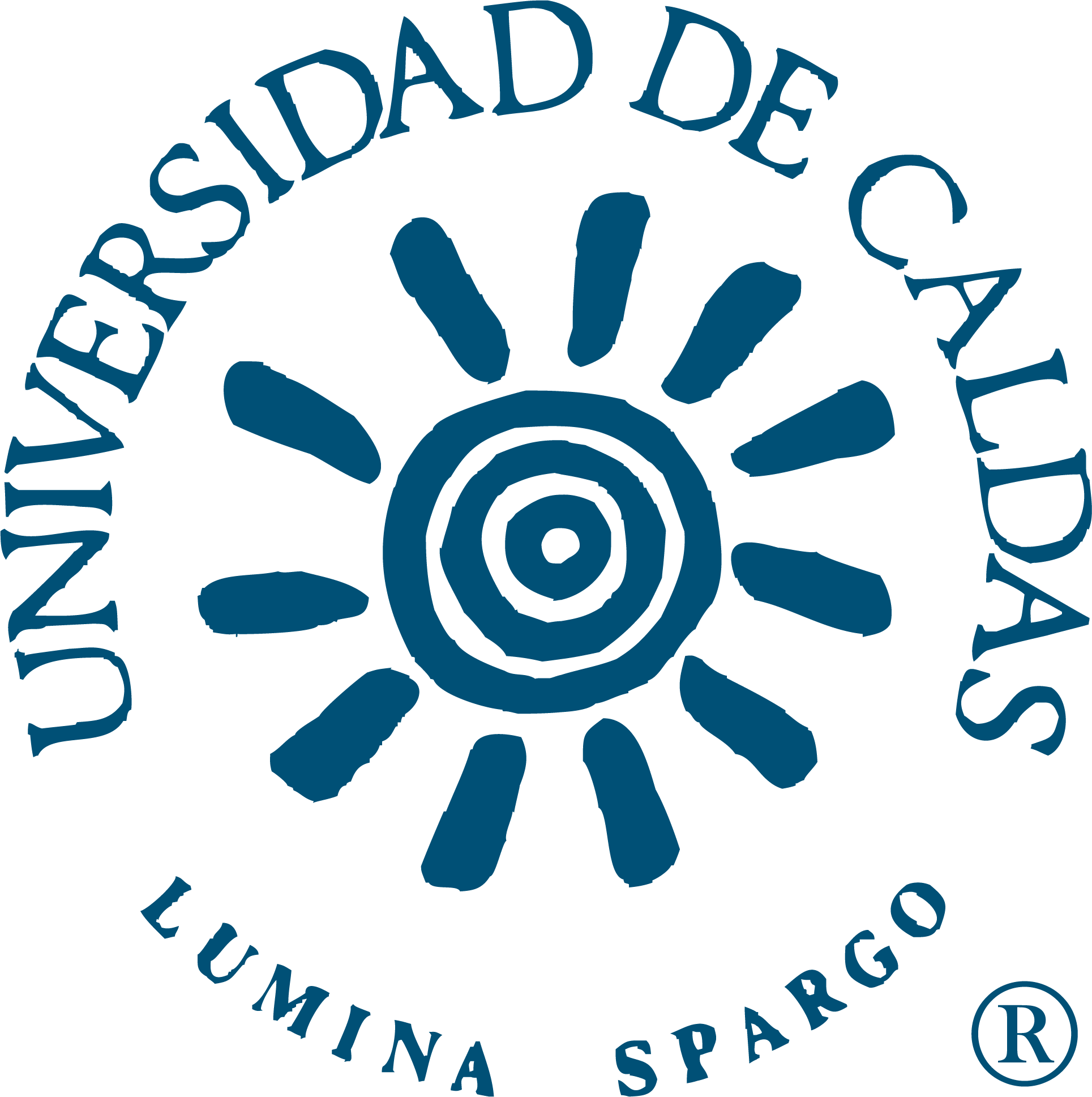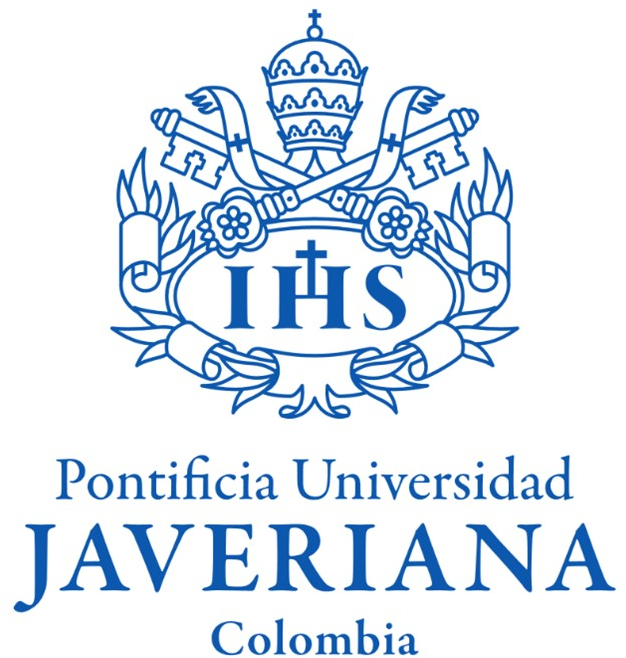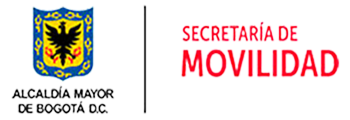Coexistence marriage: collaborative lodging and tourist housing in Puerto Vallarta, Mexico. An approach from urban planning
DOI:
https://doi.org/10.5821/ctv.8522Keywords:
tourist housing, collaborative lodging, urban planning, Puerto VallartaAbstract
The paper discusses the relationship between collaborative lodging and the provision of tourist housing in Puerto Vallarta, Mexico, taking urban planning and its instruments as the axis of analysis.
The technological development experienced on a global scale has brought deep changes in production and consumption. Thus, companies emerge that operate as intermediaries between producers and consumers, resorting to digital platforms in sectors such as mobility, air transport or accommodation. In these practices, innovative platforms that are part of the so-called collaborative economy are used.
In accommodation, the availability of private homes facilitates to cover this segment of the tourist offer. The speed and depth of these new forms of accommodation are putting strong pressure on tourist destinations worldwide without effective regulatory or compensation mechanisms.
To analyze the footprint of collaborative lodging, the lens focuses on Puerto Vallarta, a recreational destination located in the Pacific Ocean of Mexico, taking the urban planning instruments for the analysis. The urbanization process of Mexican cities (and in particular, tourist on the coast) is characterized by the incomplete application of the vast urban planning tools available to it, due to the weakness of the institutional framework, where private interests end up imposing themselves, resulting in extractive practices to the detriment of common good.
Therefore, urban plans in areas with boom in real estate maintains with proper updated or ways to address the tensions generated by the expansion. Operationally, modifying urban planning control rules in a discretionary manner it is a common practice with the aim of increasing the offer in the real estate market.
This implies the existence of informal agreements between real estate developers, builders and government officials (especially at the municipal level) to facilitate the alteration in the rules to increase the profitability of new ventures.
In the work, was reviewed the offer of collaborative lodging between 2010 and 2018, documenting the expansion in tourist housing in two representative neighborhoods of the town. Urban planning instruments and official documents compared with empirical data in the analyzed zones.
Among the conclusions, it is pointed out that: 1) the availability of digital platforms worldwide affects the emergence of new forms of accommodation, having a dynamic and attractive field in Mexico and Puerto Vallarta; 2) recreational activity drives the boom in tourist homes, especially in attractive neighborhoods; 3) urban plans are modified discretionary to maximize the real estate offer, calling into question the functionality of the territorial management; 4) the State, in particular the municipal government, ceases to be the regulatory entity between property rights and urban development to grant immoderate powers to the private sector in Puerto Vallarta; 5) it is pertinent to promote mechanisms to manage the tensions generated by collaborative lodging and tourist housing, under a perspective of community prosperity.


